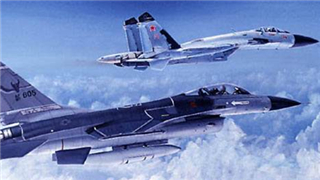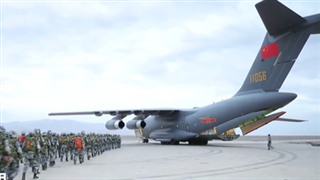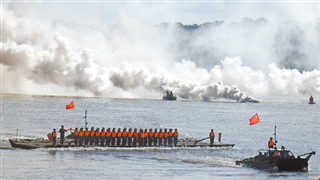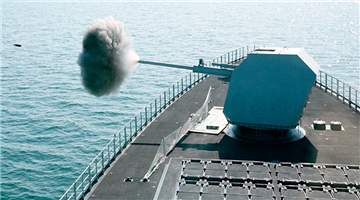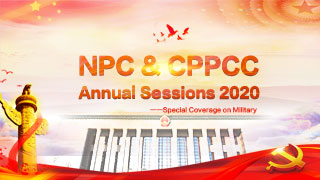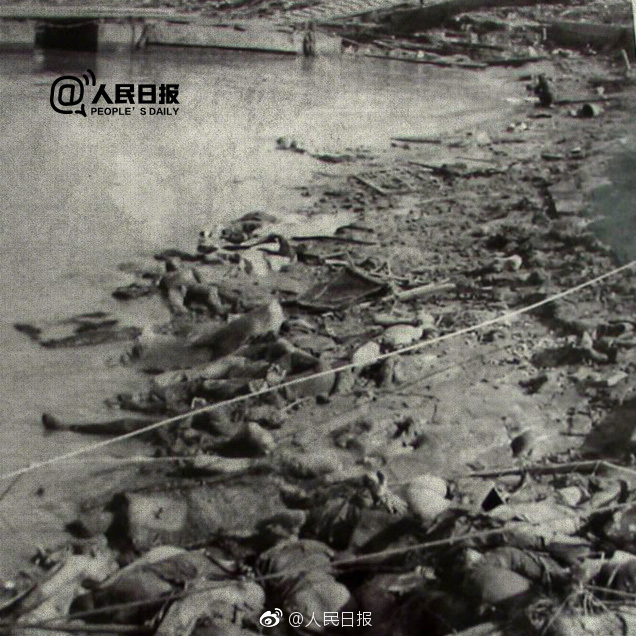
By Qin Feng
Japanese Prime Minister Shinzo Abe’s speech at a mourning ceremony marking the 75th anniversary of Japan's surrender in World War II on August 15 drew wide criticism.
In last year’s speech, Abe pledged that Japan will do its best to work with the international community to create a new era of peace and hope and jointly resolve the various problems facing the world, but this year he switched to “under the banner of proactive pacifism, Japan is determined to play a greater role than ever to solve the various challenges facing the world while working with the international community”.
According to reports by Tokyo Shimbun and Asahi Shimbun, “proactive pacifism” is a frequent term used by Shinzo Abe when talking about Japan’s security strategy and it was unusual for him to use this term at the mourning ceremony.
Asahi Shimbun also reported that Abe continued to deny Japan’s responsibility for the sufferings it inflicted upon Asian countries during the war, and deleted the remark of “bearing in mind the lessons from history” that appeared in last year’s speech.
America’s Associated Press, or AP, commented that Abe has increasingly sought to whitewash Japan’s brutal past since taking office in December, 2012.
History could never be forgotten. During WWII, Japan, Germany and Italy formed the axis powers and forced Fascist militarism upon the whole world. During the war of aggression against China, Japanese troops occupied large swaths of the Chinese territory, where they destroyed houses and factories, plundered resources and wealth, and massacred innocent people.
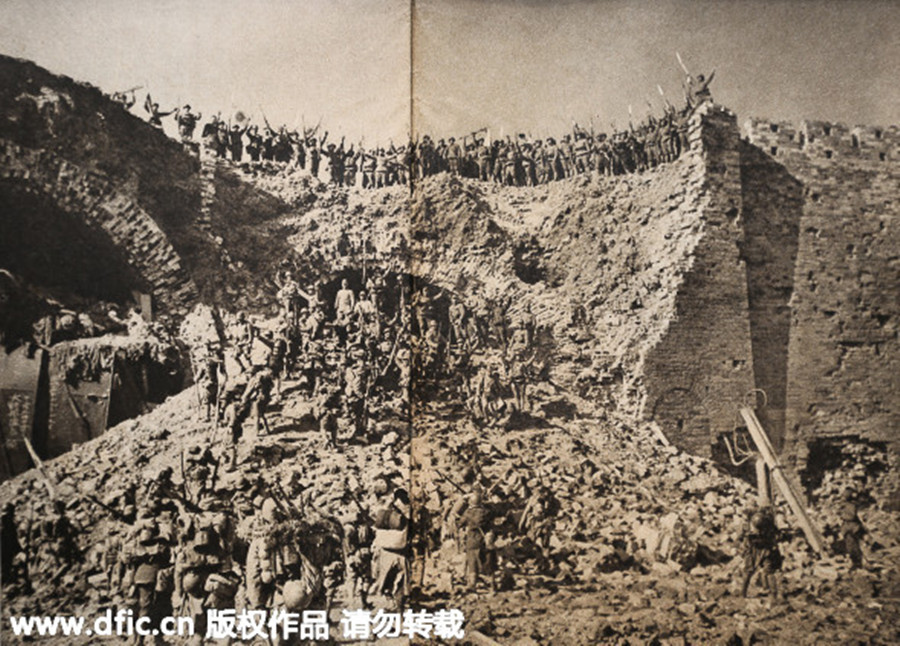
The war launched by Japanese invaders not only inflicted an immense disaster upon the Chinese people, but also plunged the Japanese people into excruciating misery as the damages caused by nuclear weapons to the Japanese society have lasted till the present day.
The Japanese troops committed innumerable crimes on Chinese territory, and they should reflect on the disastrous consequences of the war they waged. Yet the Japanese authorities have never earnestly reflected on their invasive history for the past half century and more. On the contrary, they have been continuously enhancing Japan’s military strengths in recent years, even provoking its neighbors on territorial issues.
We can say with certainty that Shinzo Abe’s speech at the mourning ceremony will pose a potential threat to the security of Asian-Pacific countries while aggravating regional tension.
A just cause enjoys abundant support while an unjust cause finds little support. Japanese militarism has showed signs of rise in recent years, which has not only encountered resistance from the international community, but also objection within Japan. For instance, Abe’s “proactive pacifism” has been strongly condemned by Japan’s opposition parties including the Constitutional Democratic Party.
Moreover, Japanese emperor Naruhito delivered a speech on August 15 expressing “deep remorse” for the past and praying that the ravages war would never be repeated. Japan’s former Prime Minister Tomiichi Murayama also gave a speech on that day, calling the denial of the history of invasion a denigration of Japan.
Peace, like air and sunshine, is something that you are unconscious of when benefiting from it but something that you cannot live without. It is an iron-clad law of history that military invasion and expansion is doomed to fail, and win-win cooperation and common development is the right way forward for human civilization.
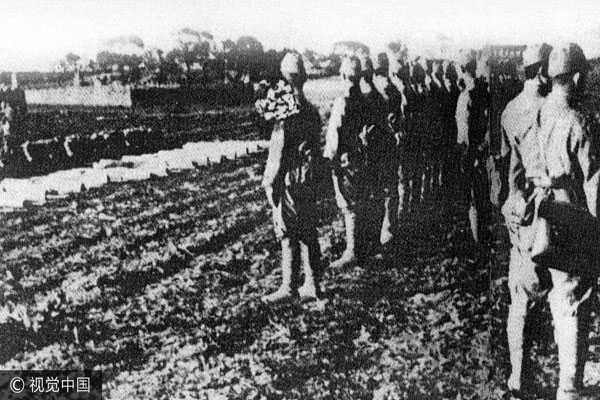
The year of 2020 marks the 75th anniversary of the victory of the Chinese People’s War of Resistance against Japanese aggression and the World Anti-Fascist War. In an age when forces of justice and peace are getting stronger day by day, any move to resurrect militarism will be futile and will be on the wrong side of history.
Disclaimer: This article is originally published on china.com.cn and translated from Chinese into English and edited by the China Military Online. The information, ideas or opinions appearing in this article do not necessarily reflect the views of eng.chinamil.com.cn.
